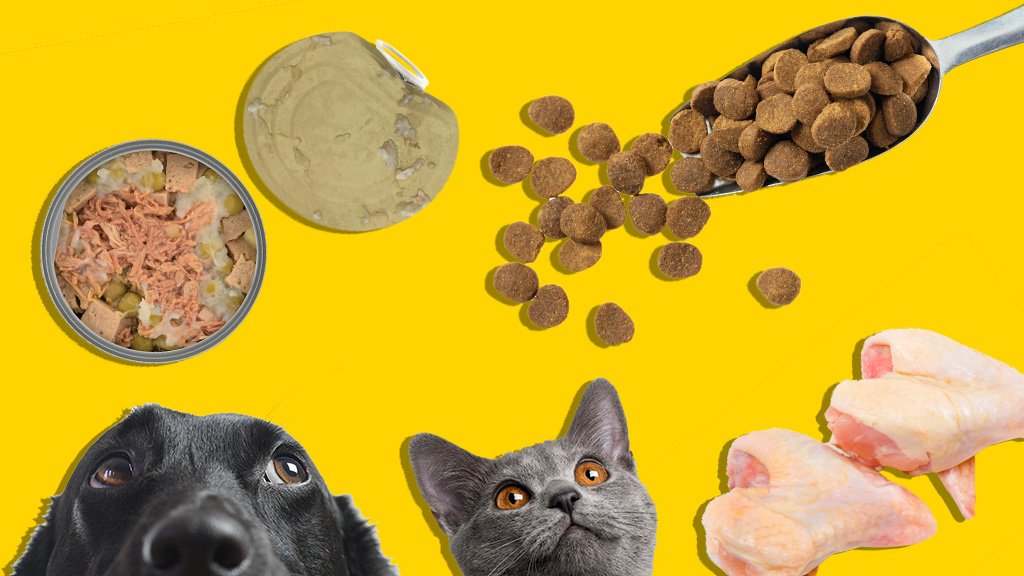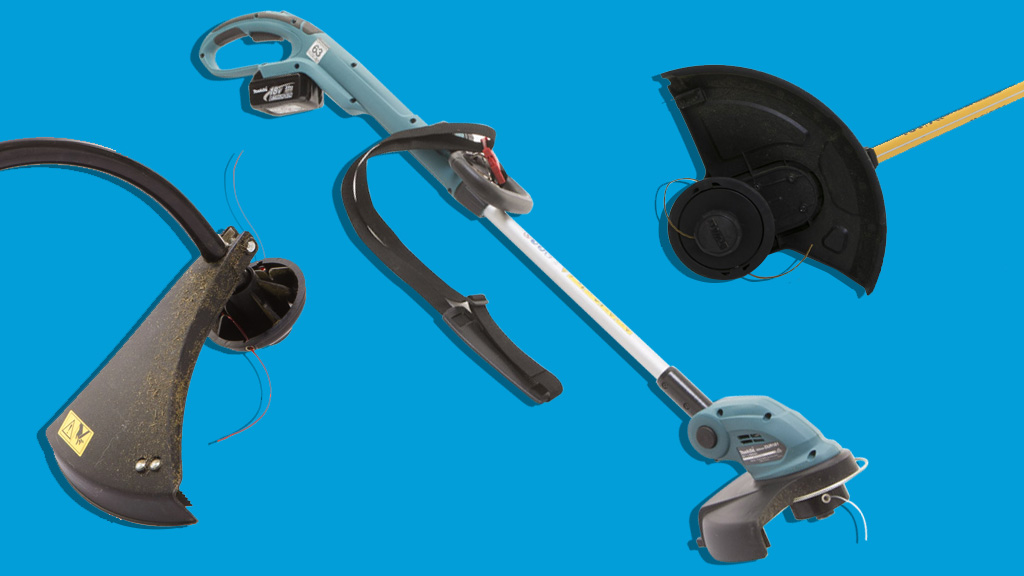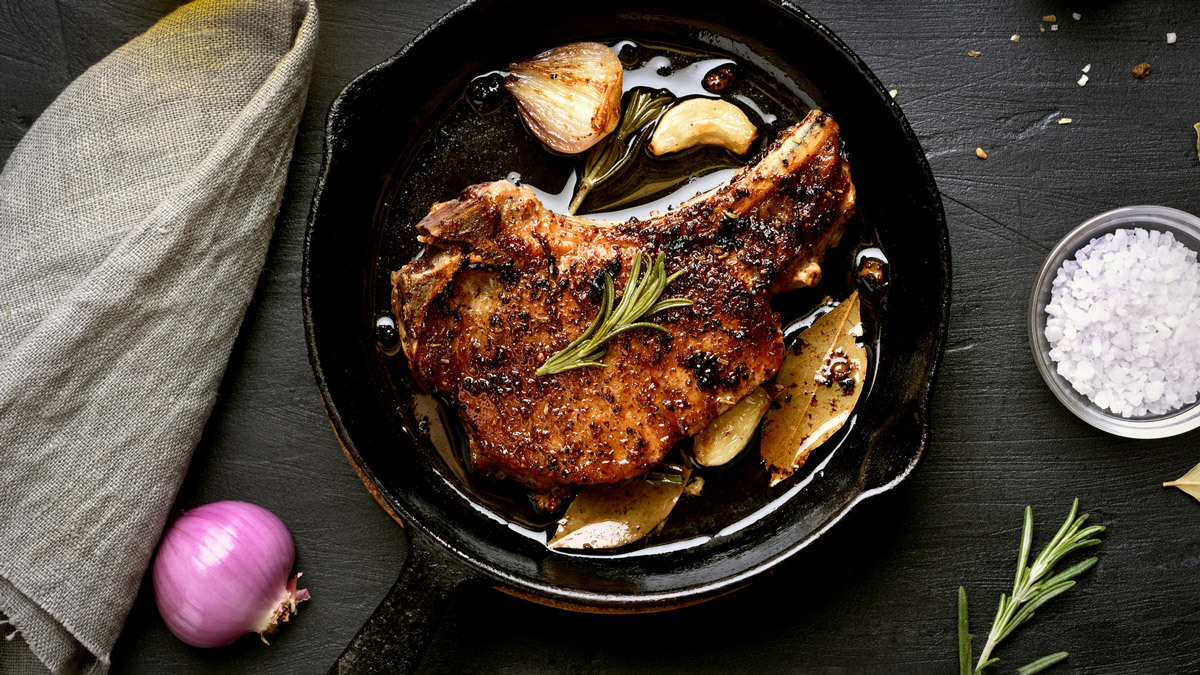Get our independent lab tests, expert reviews and honest advice.
How to buy the best pet food

At last count, more than half of all Australians own either a cat or dog, and when it comes to filling their bellies we’re certainly enthusiastic! We spend more than $2 billion every year on feeding our fluffier family members.
On this page:
- What to look for in pet food
- Variety is best
- Fighting off gum disease
- Can I feed cats and dogs the same food?
- Life stage and special needs
Without good nutrition, your cat or dog can suffer from problems with their coat and skin, it can affect their teeth and of course their longevity.
With so many pet food products out there, all promising to turn your lovable bitser into a Westminster-worthy specimen, what should you be feeding your cat or dog to ensure a long and healthy life?
What to look for in pet food
The most important thing is to look for products that are advertised as ‘complete and balanced’. This means that the pet food is formulated to contain all the nutrients required by a dog or cat, in the appropriate quantities and proportions to maintain good health.
Wet food (canned food, pouches and rolls), dried food and packaged raw food are covered by the Australian Standard for the Manufacturing and Marketing of Pet Food, AS 5812:2017, which outlines requirements for production, food safety, nutrition and labelling. However, the standard is voluntary, so if foods are found not to comply with the standard there’s no authority to enforce compliance.
Dry
Dry food is low mess and well formulated, so it’s a popular option. It’s no less nutritious or less “fresh” than wet foods.
Dry food in the past was the cause of urinary tract infections in cats, but manufacturers have altered the pH level of their formulations. Cats fed on a well-formulated dry-food diet don’t run a higher risk of urinary tract disease if they’re drinking enough water. If your cat doesn’t, it’s a good idea to feed it a canned-food diet, which has a higher water content.
Tinned
Tinned food is easily available and comes in a wide variety of ingredients. Just make sure you look for one marked as complete and balanced that complies with the Australian Standard.
Fresh pet meat
Fresh pet meat comes in the form of meat, ‘steaks’ and rolls. Although these sound like a wholesome alternative to the tinned and packaged stuff, they have some issues.
- Packaged fresh meat alone won’t provide the nutrition cats and dogs need (in the wild, a ‘fresh meat’ diet includes bones, hide and organs). You’ll need to feed them a ‘complete and balanced’ commercial food as well.
- The sulphur dioxide and sodium and potassium sulphite preservatives in fresh pet meat can cause thiamine deficiency, and can be fatal.
Alternatively, feed your cats and dogs cheaper cuts of human-grade meats in conjunction with a ‘complete and balanced’ diet.
Variety is best
Overall the best thing you can do for your pet is feed them a combination of tinned, dry and fresh meats to provide variety and to ensure optimal nutrition.
Choose a high-quality commercial diet that’s appropriate for their age and health and complies with Australian standards as a baseline, then you can add other elements to the diet as your pet likes, including raw, meaty bones occasionally.
Fighting off gum disease
Periodontal disease, the most common form of gum disease, destroys the gums and tissue that supports the teeth and has also been associated with liver, kidney and heart disease. Although a study published in the Journal of Nutrition claims daily brushing of your pet’s teeth is the most effective prevention, an easier way is to supplement your pet’s diet with a regular supply of bones.
Giving your cat or small dog raw chicken wings and a bigger dog meaty bones several times a week will really benefit their dental hygiene. But never give pets cooked bones, as they can splinter and get stuck either in the mouth or in the digestive system.
Can I feed cats and dogs the same food?
No. Cats are carnivores and dogs are generally thought to be omnivores. Cats need higher levels of protein and fat from meat than dogs do and can’t use vegetable sources to make vitamin A, so must get it from meat. They’re also sensitive to thiamine, taurine and arginine deficiencies. And cats are less able to process carbohydrates due to the shorter length of their long intestine.
Life stage and special needs
Kittens and puppies have extra nutrient needs and special food is recommended. Special foods are also recommended for a lactating dog or cat.
More questions?
RSPCA Australia provides detailed feeding guidelines for cats and dogs.




